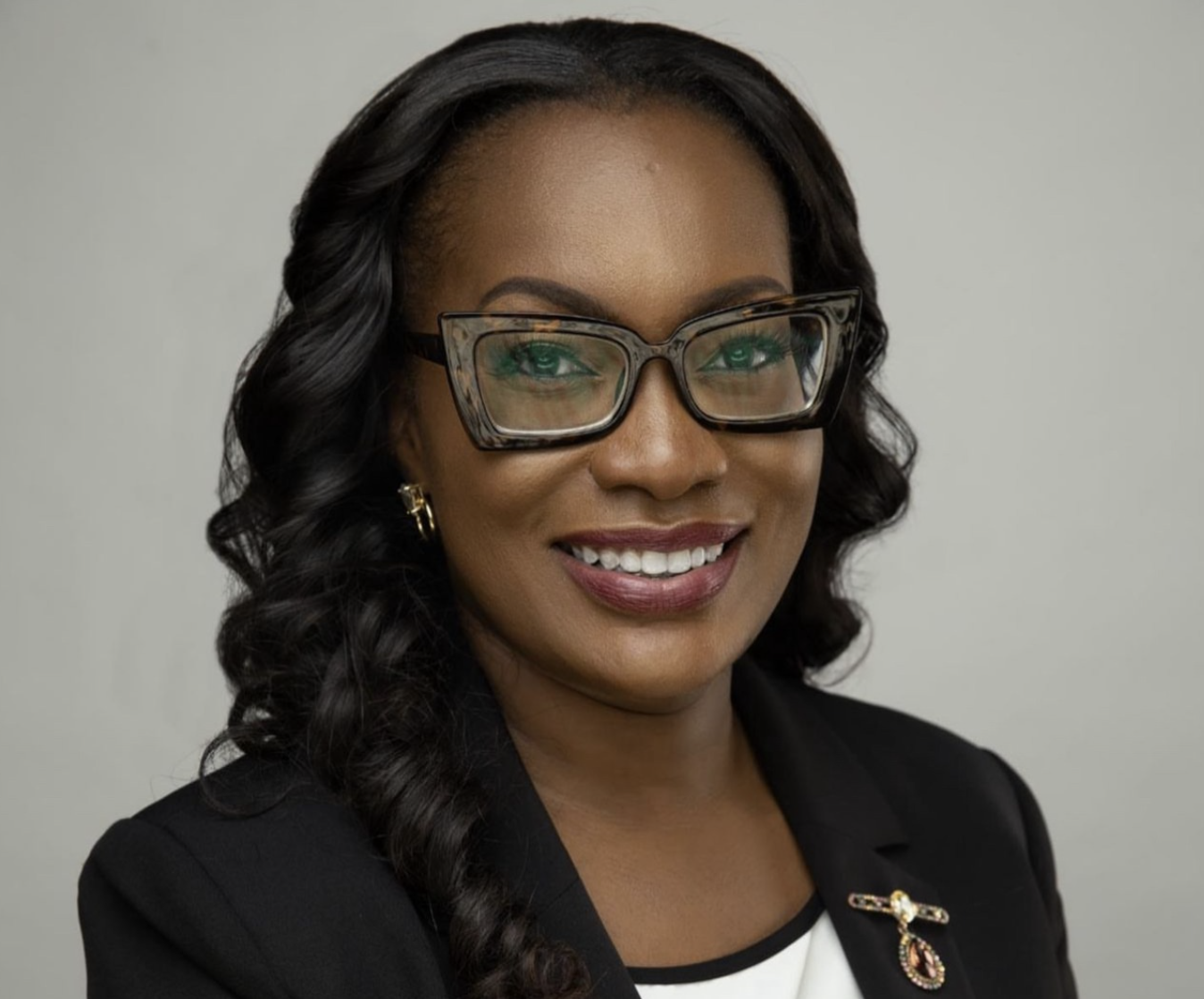 Kenyan lawyer and policy expert Iddah Asin is the lobby's first Executive Director for Africa.
Kenyan lawyer and policy expert Iddah Asin is the lobby's first Executive Director for Africa.The International Council of Beverages Associations' African chapter (ICBA Africa), now based in Nairobi, will be led by Kenyan lawyer and policy expert Iddah Asin as its first Executive Director.
The lobby represents the interests of the non-alcoholic drinks industry on the continent.
The ICBA is a global industry group founded in 1995 that brings together national beverage associations and multinational companies that produce and market soft drinks, sports drinks, bottled water, juices, energy drinks and ready-to-drink teas and coffees.
Its members include major international brands such as Coca-Cola, PepsiCo, Red Bull, Monster Energy, Suntory, and national beverage associations.
In a press statement, the ICBA said ICBA Africa would “strengthen collaboration within the sector and through partnerships with governments, civil society and other key stakeholders to share best practices, support evidence-based policymaking and achieve shared goals.”
The organisation said it aims to promote “coherent approaches” to health and environmental issues across its markets.
Incoming Africa head Iddah Asin has previously worked in government affairs roles at Johnson & Johnson and Kenya Airways.
She said in a statement: “I’m truly honoured to become the first Executive Director of ICBA Africa and to help the sector contribute to positive outcomes on the continent and around the world, building from Africa’s unique priorities and maximising our collective potential.”
The launch comes at a time when Africa is being viewed as a growth market for sweetened and processed drinks, even as public health experts warn of rising rates of obesity, diabetes, and other non-communicable diseases linked to high sugar consumption.
Kenya, for example, has seen increasing calls from health advocates for stronger measures such as higher taxes on sugary beverages and front-of-label nutritional warning labels.
ICBA President Andrés Massieu said the African office would be a “valuable resource” for governments and other stakeholders.
“ Benefitting from Ms. Asin’s deep expertise in public-private collaboration, health, and sustainability, we are confident that ICBA Africa will be a valuable resource to governments and stakeholders throughout the region and globally,” Andrés said.
The ICBA has been active in global policy arenas such as the World Health Organization and Codex Alimentarius, where it has lobbied on marketing standards, labelling regulations, and nutrition guidelines.
It has consistently opposed sugar tax policies, arguing they harm industry and jobs, and produce “no meaningful” health benefits.
In 2017, it unsuccessfully lobbied the WHO to drop the sugar-sweetened beverage tax as a proposed intervention to curb non-communicable diseases in the WHO’s Global NCD Action Plan (2013-2030).
ICBA President Katherine Loatman requested that the WHO revise the Draft Appendix to remove the tax from the proposed menu of policy options.
“We have witnessed several researchers since 2014 claim that ‘modeling’ demonstrates that health outcomes will result from taxation – and yet, here we are in 2022 and there are still no demonstrated positive health outcomes from the selective taxation of a single beverage category in a consumer’s diet,” she said.
“The bottom line is that this intervention will not meaningfully help achieve the voluntary global targets for non-communicable disease prevention and control that are identified in the WHO’s Global Action Plan.”
The currently proposed Political Declaration on Non-Communicable Diseases (NCDs) and Mental Health, which focuses on strengthening commitments to reduce premature mortality from NCDs, promoting mental health, and addressing risk factors and social determinants, has removed reference to sugar-sweetened beverage taxes.
It will be adopted by the Heads of States at the Fourth High-level Meeting of the UN General Assembly on NCDs and Mental Health next month.
Health experts are already complaining. “We are alarmed by the softening of language on health taxes, including the removal of sugar-sweetened beverage (SSB) taxes in the latest draft (Rev3). This undermines existing commitments to proven, cost-effective interventions,” said Alison Cox, director of policy and advocacy at the NCD Alliance.
She added: “While health-harming industries may oppose these measures, the policymaking must be protected from conflicts of interest, particularly from alcohol, tobacco, and sugar-sweetened beverages, as they are primary risk factors for NCDs.”
The Nairobi-based International Institute for Legislative Affairs warns that voluntary industry measures never work in addressing high sugar consumption, and that stronger, government-led regulation remains essential.
The IILA is currently leading efforts to increase taxation on sugary beverages in Kenya.
Its CEO, Celine Awuor, last year successfully lobbied for Kenya to retain the annual inflation adjustment for sugar-sweetened beverages, all tobacco products, and alcoholic beverages.
“Excise tax rates for tobacco, alcohol, and SSBs make these products less affordable and therefore drive down consumption will help protect gains made in safeguarding the health of Kenyans,” she said.
More than 50 per cent of total hospital admissions and over 39 per cent of deaths annually in Kenya are attributed to NCDs, according to the Ministry of Health.
“Unhealthy lifestyles are contributing to the rise in NCDs, with tobacco, alcohol, and sugar-sweetened beverages (SSBs) identified as major risk factors,” Awuor said.













